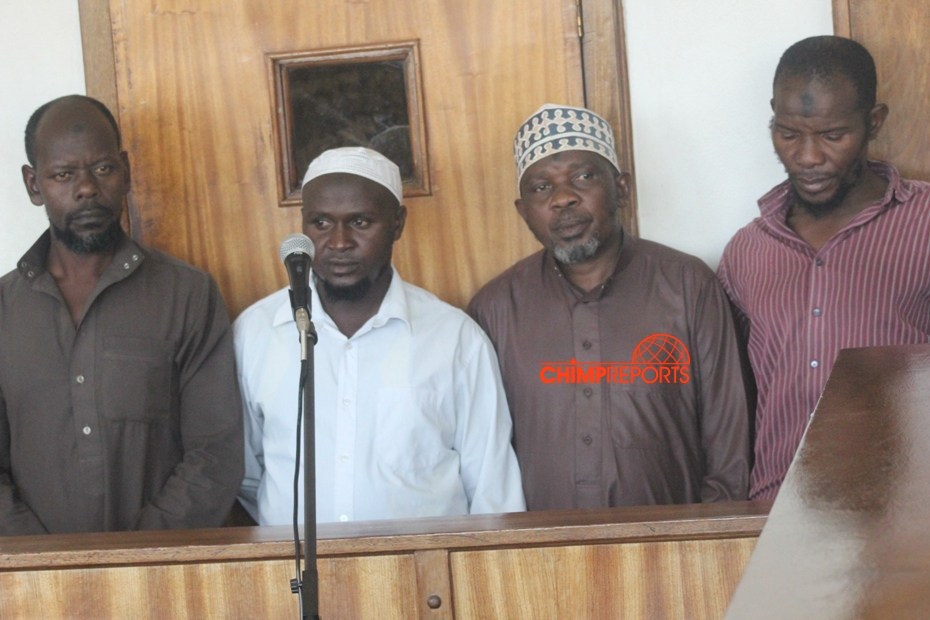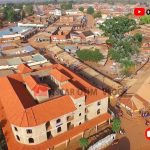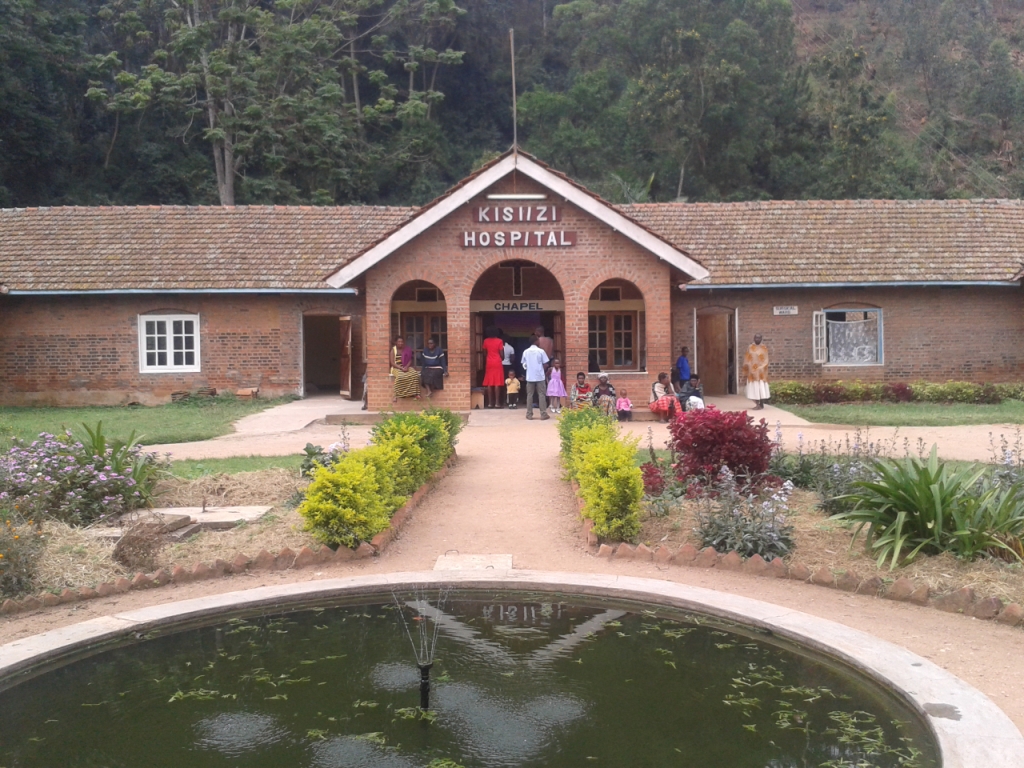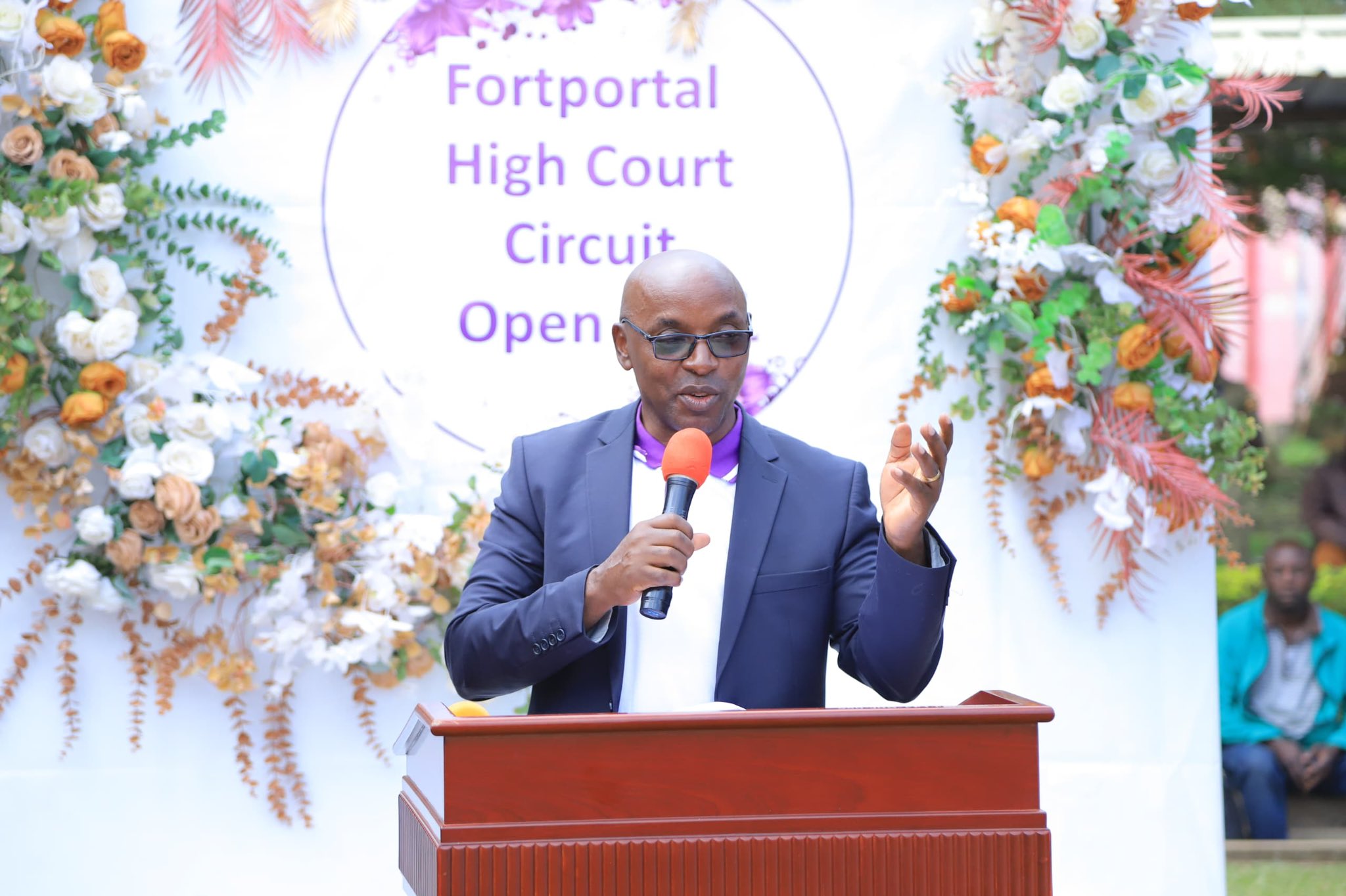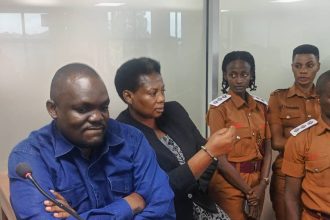The International Crimes Division (ICD) of the High Court in Kampala has officially confirmed three charges against eight individuals accused of murdering Major Muhammad Kiggundu and his bodyguard, Stephen Mukasa. The heinous crime took place on November 26, 2016, at Masanafu trading center, Rubaga division in Kampala district.
Justice Richard Wejuli Wabwire, in a ruling delivered on Monday, found sufficient evidence supporting the charges of murder, aiding and abetting terrorism, and association with the Allied Democratic Forces (ADF), a designated terrorist organization. The accused, including Yusuf Nyanzi facing around 90 counts, are now set to face trial for their alleged involvement in the murder.
The accused in Kiggundu’s case include former Tabliq leader Sheikh Yahaya Ramathan Mwanje, Muhammad Buyondo, Musa Ssekandi, Abdul Wahab Ssendegeya, Jibril Kalyango, Bruhan Balyejusa, and Noordin Lutaaya. Wabwire ruled that there was a shared intention among the accused persons to cause the death of Kiggundu, and they are now committed for trial before a designated panel of judges.
Referring to Section 20 of the Penal Code Act, Wabwire stated that each accused person is deemed to have committed the offenses. Under the rules of the International Crimes Division of the High Court (2016), pre-trial proceedings are conducted by a single judge to assess the strength of the prosecution’s evidence before committing the case to a panel of three judges for trial.
The prosecution alleges that the accused, along with others still at large, committed the murder on November 26, 2016, at Masanafu trading center. Additionally, between 2010 and 2017, the accused individuals are said to have belonged to the ADF, providing support through recruitment and training in various districts.
Details from the indictment reveal that Sheikh Mwanje was in constant communication with co-accused before and after the murder, as indicated by forensic analysis of his cellphone. Other accused individuals were allegedly members of a group terrorizing people in Kampala, with leadership wrangles within the Tabliq Muslim community possibly contributing to the motive behind the murders.

